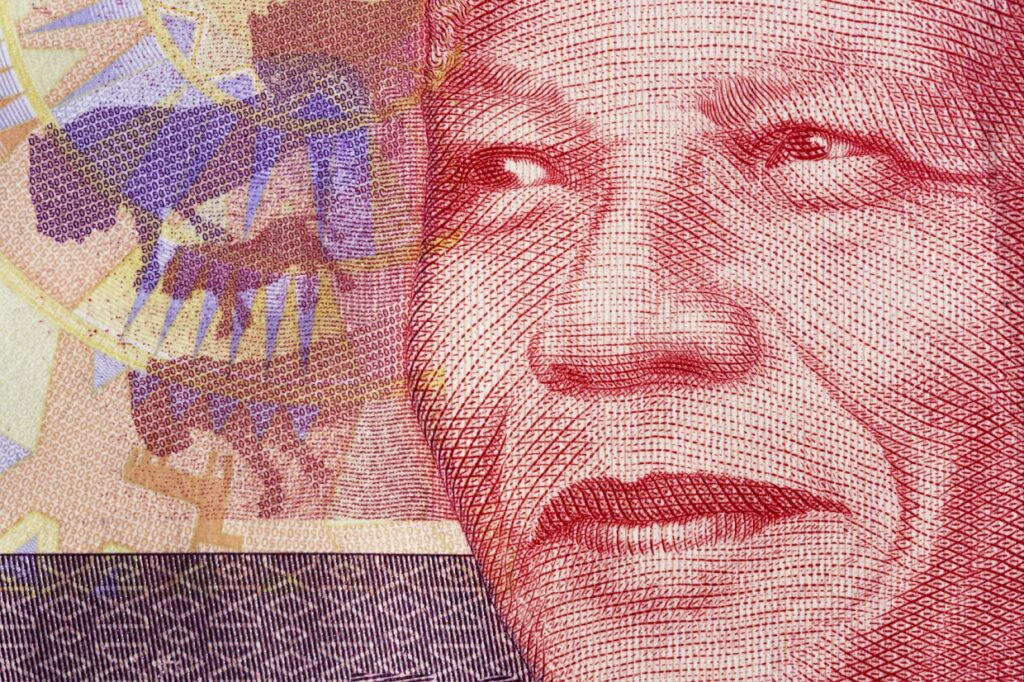Released from prison 11th Feb 1990 aged 71 after 27 years imprisoned, Nelson Mandela subsequently received the Nobel peace prize for his efforts ending apartheid, becoming South Africa’s first black Prime Minister in 1994. Paul Russell of Luxury Academy London looks at the combination of pragmatism and vision in leadership.
Even Mandela’s names tell us much about his life; his birth name of Rolihlahla, meaning troublemaker, perhaps a portent of his future struggles to end apartheid which were primarily peaceful but also included sabotage resulting in his incarceration.
"Humble early life"
Mandela’s tribal name of Madiba reveals his humble early life in the village of Mvezo, whilst the name bestowed upon him by a teacher, Nelson, confirms his upbringing in a South Africa with its traces of British imperialism still pervading.
Indeed Mandela’s continued use of the name Nelson as an adult, as his drive to lead the black majority of South Africa to break free from the rule of the white minority developed, speaks of his pragmatism.
Mandela said: “While, I abhorred the notion of British imperialism, I never rejected the trappings of British style and manners”.
The temptation as a leader can be an overall rejection of all that is perceived to be wrong, but this can be to lose important, even vital resources that can be refined, developed and transformed into something better.
From 1990, Mandela worked alongside the former President F.W. de Clerk who had sanctioned his release, and together they received the Nobel peace prize for their efforts in ending apartheid in 1993.
While, I abhorred the notion of British imperialism, I never rejected the trappings of British style and manners.
Upon his election to President of South Africa in 1994, Mandela said: “The moment to bridge the chasms that divide us has come."
He invited his former guards at Robben Island to his inauguration and met with Betsie Verwoerd, the aged widow of Hendrik Verwoerd, the creator of apartheid.
"Had he taken a route devoid of compromise, it is likely that the results would have been vastly different."
Many credit Mandela’s actions with the aversion of civil war: had he taken a route devoid of compromise, it is likely that the results would have been vastly different.
As a leader, take time to take stock of what can be learnt from any given situation and don’t let pride or ego prohibit a potentially valuable collaboration.
Man’s goodness is a flame that can be hidden but never extinguished.
Pragmatism in leadership has much to offer, and like the tortoise and the hare, can often win the race in the end thanks to the often undervalued actions of persistence, patience and compromise.
Mandela undoubtedly had a vision, a vision for a democratic South Africa developed through his daily exposure to the inequalities and indignities of apartheid as a young law apprentice and later, as a member of the Youth League of the African National Congress (ANC).
I always knew that deep down in every human heart, there was mercy and generosity.
But the patience, compromise and persistence that would ultimately allow Mandela to unite a divided nation came during the 27 years in prison.
Mandela, who achieved a law degree in the period said: “Even the grimmest times in prison, when my comrades and I were pushed to our limits, I would see a glimmer of humanity in one of the guards, perhaps just for a second, but it was enough to assure me and keep me going. Man’s goodness is a flame that can be hidden but never extinguished”.
"A powerful combination for any leader."
Vision and pragmatism can be a powerful combination for any leader. It's the ability to have the ultimate aim so clearly defined coupled with a thoughtful and considered approach to achieving it.
The moment to bridge the chasms that divide us has come.
For Mandela, all were valued and respected, no matter of their lowliness of status or position.
Mandela said: “I always knew that deep down in every human heart, there was mercy and generosity. No one is born hating another person because of the colour of his skin, or his background, or his religion. People must learn to hate, and if they can learn to hate, they can be taught love, for love comes more naturally to the human heart than its opposite”.
As leaders, if we appreciate the value that each individual can bring to the table regardless of their previous experience and actions, if we show them a new way and model the behaviour to achieve it, monumental change is possible.










